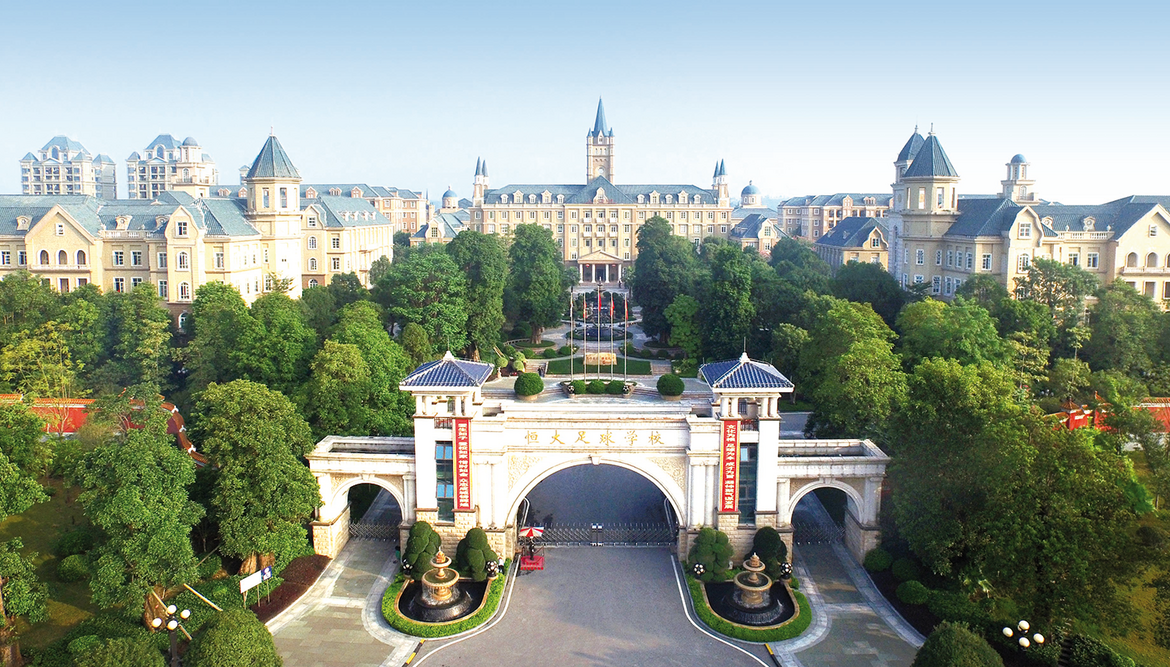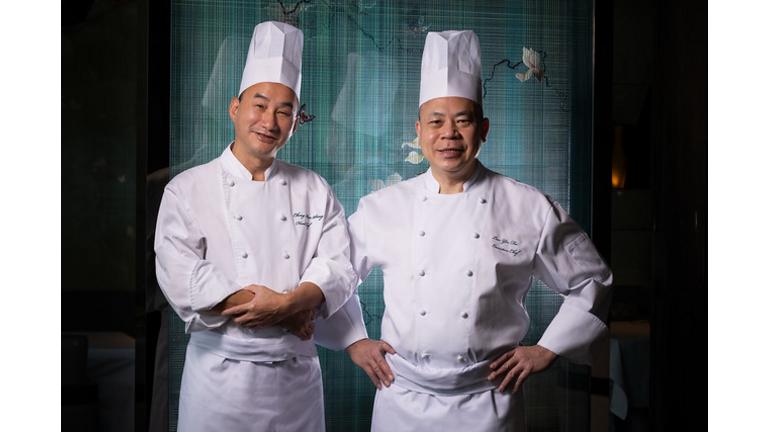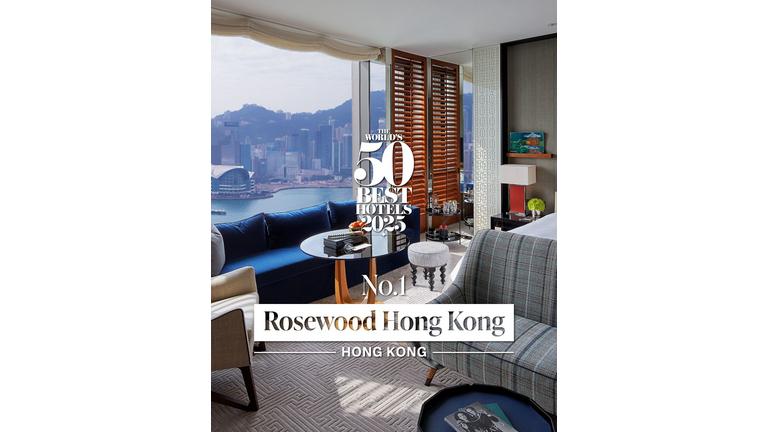Analyses & Studies • Sectors & markets • Foresight • Publications
HongKongEcho: The F&B revolution
This article originally appeared in HongKongEcho 87 - F&B: Ripe with experience
More creativity, better experience. That’s what David Baverez, author of Paris-Pekin Express, hopes to see from the F&B sector in Hong Kong. From multi-sensory dining to emotional vibes, he tells us how to overcome the industry’s challenges.
The F&B industry in Hong Kong has probably never been as challenged as it is today, as illustrated by the acceleration of recent closures. We can outline three main negative forces which have been jeopardising the industry:
An increasing consumer demand for higher-quality food: thirty years of relative food deflation has led food multinationals to focus on lowering their costs base through the increasing use of dubious artificial ingredients. As a result, two thirds of worldwide households have now lost trust in multinational food brands and are increasingly wary of what they eat. At the same time, ‘sur-real’ estate prices constrain household budgets and make consumers unwilling to pay more for food. This creates an impossible equation for the F&B industry to resolve regarding sourcing, for example when it comes to the meat industry.
An increasing competition for recruiting and retaining high-quality service staff: even the most successful F&B operations in Hong Kong have to face chronic staff turn-over, driven by Hong Kong employees’ unique constant desire for sharp salary increases.
A profitability-threatening digital revolution: exuberant funding has led to the blossoming of an irrational food home-delivery industry offering higher convenience generally at an economic loss.
As if it was not enough, crazy rent reviews after a three-year period from the cartel of a few greedy landlords impose, as a pre-requisite, a minimum 100% annual cash return per marginal F&B outlet in order to attract rational investors into a new F&B venture. At the same time, the required economies of scale now imply a minimum entry ticket of no less than a few USD million, closing the door to young ambitious, but cash-poor, food-gig-chefs.
Should we all then forget about the F&B industry?
Fortunately, Hong Kong’s vibrant entrepreneurial spirit has never been afraid of facing large challenges and numerous examples of recent successes illustrate that the city remains an unmatched playground for innovative players having found a way to emerge from an over-crowded industry. At the root of their success always lies the concept of ‘experience’, which reminds us that the F&B industry is a unique blend of product and service.
But let us be careful: this very same concept of experience can also lead to extremes, as illustrated by the example of someone like Paul Pairet in Shanghai and his ‘Ultra-Violet’ restaurant. Relying on multi-sensory technology, its holistic scenery aims at surprising all our senses simultaneously not only through food, but also… videos, music and perfumes!
In my mind, tomorrow’s F&B winners will be precisely those who propose the most innovative solutions to redefining the overwhelming concept of experience. They are likely to be the ones resorting to ‘design thinking’, going back to the roots of the needs and the (often unidentified) desires of their clientele, combining both utility and aestheticism.
For Hong Kong, nothing less than the core image of the city will be at stake. Historically, leading world centres have always tended to see their DNA identified with their F&B offering, like the ‘cafes’ of Berlin and Vienna in the early 1920s, or of Paris in the 1950-60s. Even French President Emmanuel Macron recently referred to “l’Europe des cafes” to define his understanding of Europe’s DNA in his visionary speech at The Sorbonne. This is further evidenced by Starbuck’s astonishing success in mainland China which relied precisely on identifying that the mainland’s one-child millennials were desperately looking for a new home outside their parents’ place first and foremost… more than high-quality coffee!
So where does that leave the Hong Kong F&B scene? At the time of today’s unprecedented technological and environmental revolution which is about to transform our daily lives, it’s hard to argue against the need for rejuvenating the Lan Kwai Fong concept that has become associated with Hong Kong all over the world. What was seen as innovative at the time of the mainland’s opening, clearly now needs some refreshing.
Hong Kong has to now compete with the most internationalised capital cities all over the world. The success of its F&B industry will not solely rely on its ‘utility’ – high quality food and wine – but also on its ‘aestheticism’. This is more than simply a service which addresses the fast-changing desires of a very demanding clientele, moving from ‘fast good’ requirements at a busy lunch time, to an unlimited desire for journeys and new discoveries in the more relaxed quality-time of the evening. It will also need to reflect the values of today’s millennials: a multi-polar world through fusion food, authenticity of products through organic and environmental-friendly ingredients, as well as new forms of sharing. Without forgetting the needs for emotional ‘vibes’, something a few Hong Kong roof tops with world-beating sceneries have been very good at spotting.
No chef will ever disclose his/her whole recipe, always keeping a few ingredients secret. Similarly, the most essential ingredient to succeed in Hong Kong will remain the ‘Fun & Beyond’ element that should stay at the roots of the F&B industry: in other words, the human touch! This will allow us to reintroduce ‘Fun’ at a time when we are promised a future served only by AI-robots; and adopt the ‘Beyond’ attitude, systemically looking to exceed clients’ expectations, always eager to surprise the client with a few small personalised details to make them feel at home.
So, in the end, we can say that the winners in F&B will be the ones most able to savour the ever changing perfumes of the Fragrant Harbour.
David Baverez is the author of Paris-Pekin Express (Editions Francois Bourin 2017). The views expressed are purely personal.











